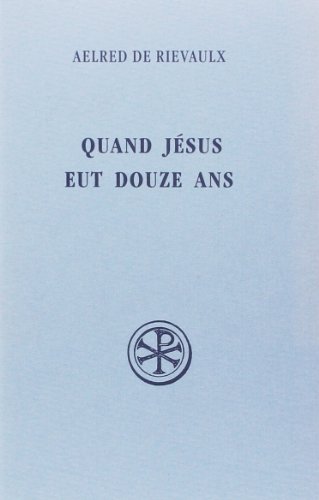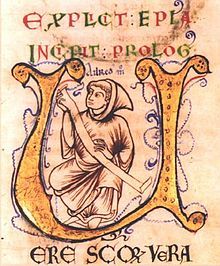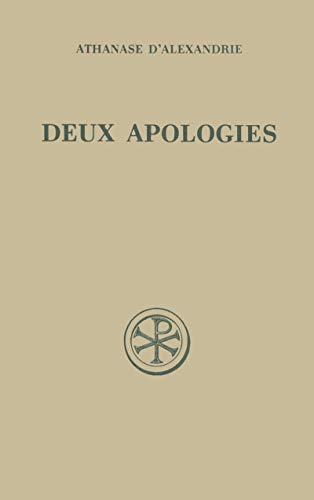
Part of Series
Ce court traité du cistercien anglais Aelred, abbé de Rievaulx dans le Yorkshire (1110-1167), commente avec délicatesse et profondeur l'épisode de Jésus perdu et retrouvé au Temple de Jérusalem. L'interprétation en est donnée à trois niveaux successifs : « historique », « allégorique », « moral ». L'histoire évangélique est l'objet d'une contemplation pleine de charme et de fraîcheur ; l'allégorie évoque les trois « journées » de l'histoire de l'Église ; la « morale » détaille les trois étapes de la vie spirituelle. Souvent attribué à saint Bernard, le De Jesu puero duodenni est un témoin très attachant de la spiritualité monastique du XIIe siècle. Tout en annonçant les méditations méthodiques et affectives du Pseudo-Bonaventure ou de Ludolphe le Chartreux, il exprime en termes limpides l'expérience et les leçons d'un maître de la vie contemplative.
Author

Aelred of Rievaulx (Latin: Aelredus Riaevallensis); also Ailred, Ælred, and Æthelred; (1110 – 12 January 1167) was an English Cistercian monk, abbot of Rievaulx from 1147 until his death, and known as a writer. He is regarded by Anglicans, Catholics, and other Christians as a saint. Aelred was born in Hexham, Northumbria, in 1110, one of three sons of Eilaf, priest of St Andrew's at Hexham, himself a son of another Eilaf, treasurer of Durham. Aelred spent several years at the court of King David I of Scotland in Roxburgh, possibly from the age of 14, rising to the rank of echonomus (often translated "steward" or "Master of the Household") before leaving the court at age twenty-four (in 1134) to enter the Cistercian abbey of Rievaulx in Yorkshire. He may have been partially educated by Lawrence of Durham, who sent him a hagiography of Saint Brigid. From 1142 – 1143, Aelred served as novice master at Rievaulx. of a new daughter house of Rievaulx at Revesby in Lincolnshire. In 1147, he was elected abbot of Rievaulx itself, a position he was to hold until his death. Under his administration, the abbey is said to have grown to some 140 monks and 500 conversi and laymen.


